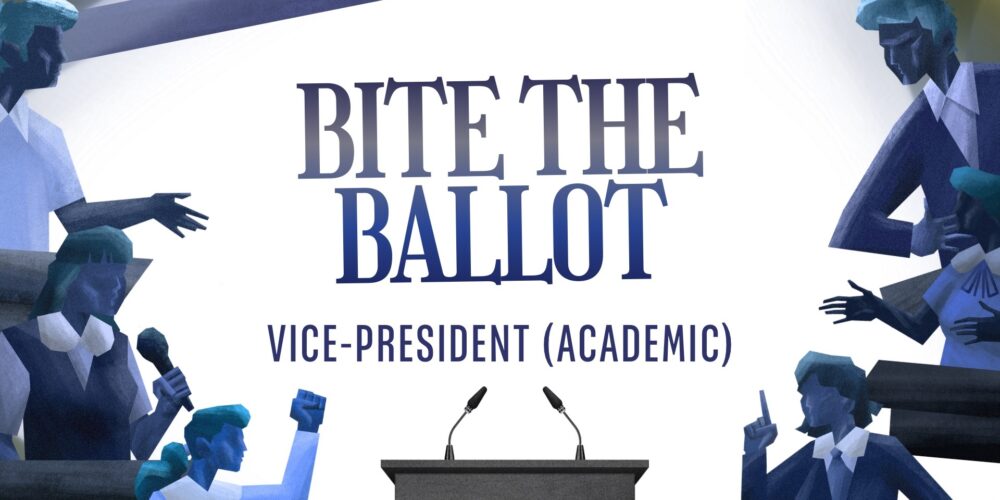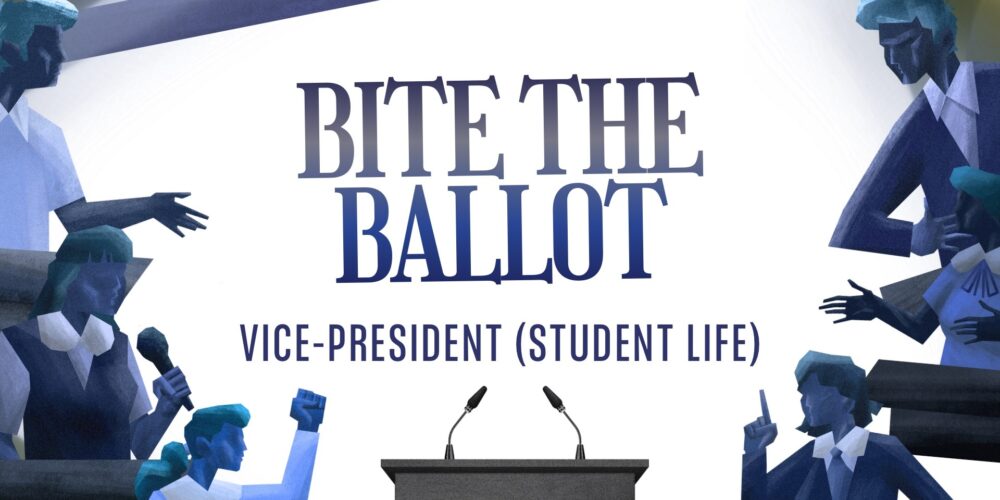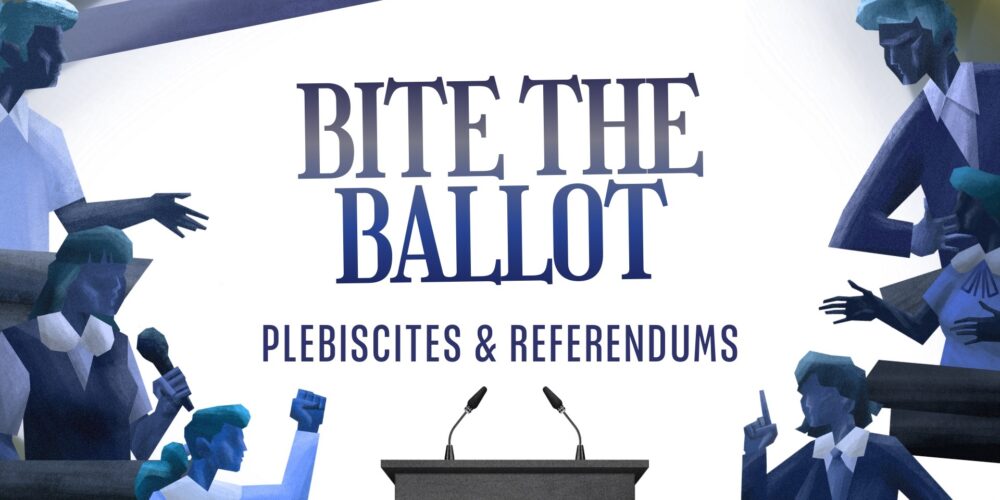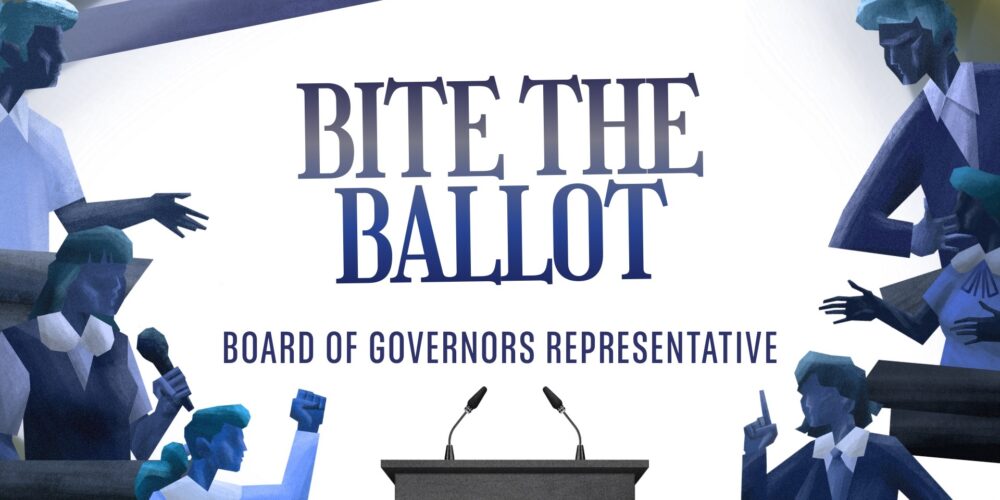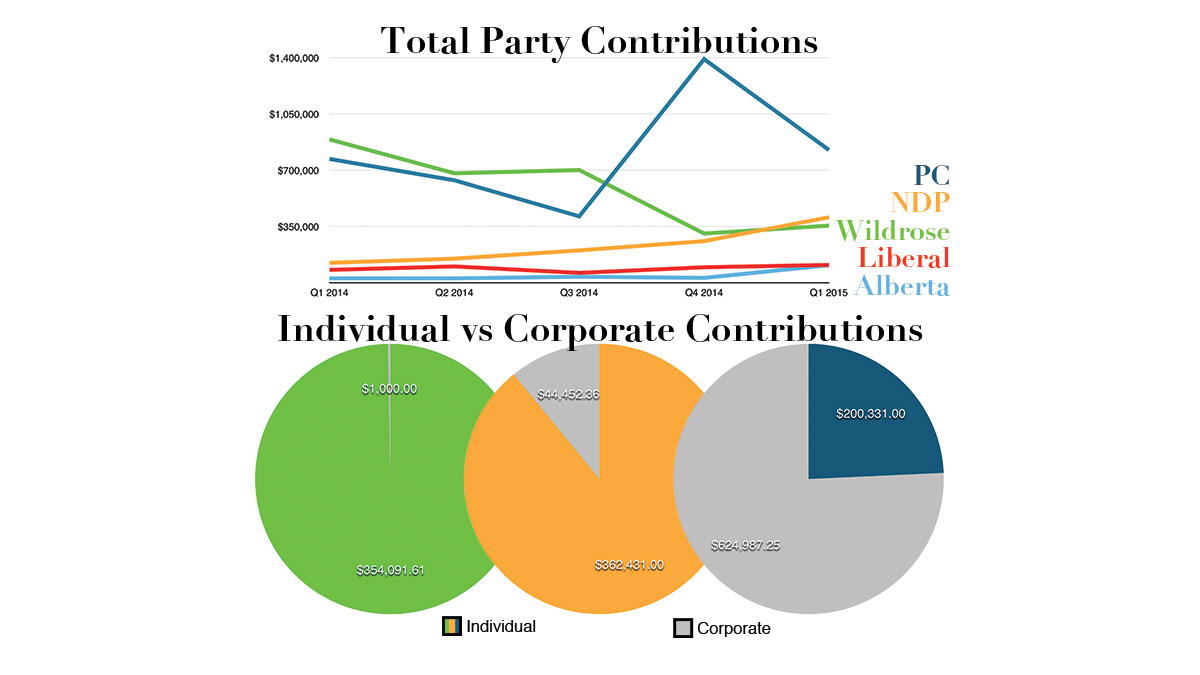 Ab Sch
Ab SchIn an ideal democratic electoral system, the wealth of your party’s supporters would not give you an edge over your political opponents: the winner would be decided based upon the merit of their argument rather than their ability to garner funds. This week, the NDP passed a major bill limiting the amounts of corporate and union donations, something that bodes well for future elections in the province.
Just earlier this year, a party’s sponsors could play a huge part in how elections played out in Alberta: in the first quarter of election fundraising, 80% of donations greater than $250 that the Progressive Conservatives received came from corporations, a stark contrast to the Alberta Party’s 40% and all of the other parties ranging from 8% down to 1%. That’s a huge advantage on the part of the PCs, who had the funds (they fundraised around $3 million in 2014) for big, splashy ad campaigns and commercials, while their competitors relied on low-cost means of communication such as social media.
Opponents of this new bill argue that the NDP is kicking the PCs while they’re down, or say that the bill makes political campaigning more favorable for the NDP. That argument doesn’t really hold water, though — the very object of politics is to gain the popular vote, so a political candidate shouldn’t be relying on corporations, which show their favor based on the whims of a controlling few. Instead, candidates should be knocking on doors and talking to people so that they can spark a public conversation and sway voters in their direction by initiating personal interactions. In one Calgary riding, NDP candidate Joe Ceci was expected to win because of his longstanding role in local politics as an alderman — a reputation built on personal, local interactions. He did, in fact, win his seat in the election earlier this year.
The Act to Renew Democracy in Alberta is an excellent sign of change because it shifts the focus of political campaigning back to the voters instead of organizations, and an important point comes up through the discourse surrounding the decision. Politics should be about groups of people exercising individual will, but recent years have seen organizations (such as corporation Hobby Lobby) be attributed a startling level of legal rights, including the status of “personhood” in the US, and it’s reassuring to see their political influence diminished somewhat here in Alberta.
While the Act did not eliminate corporate political campaign contributions, they are now capped, meaning that individual donations may be emphasized in the next election and force the PCs and Wildrose to re-evaluate their campaigning strategies, and perhaps even their platforms, to appeal to a larger number of constituents, ultimately making them better political players in the long run.

